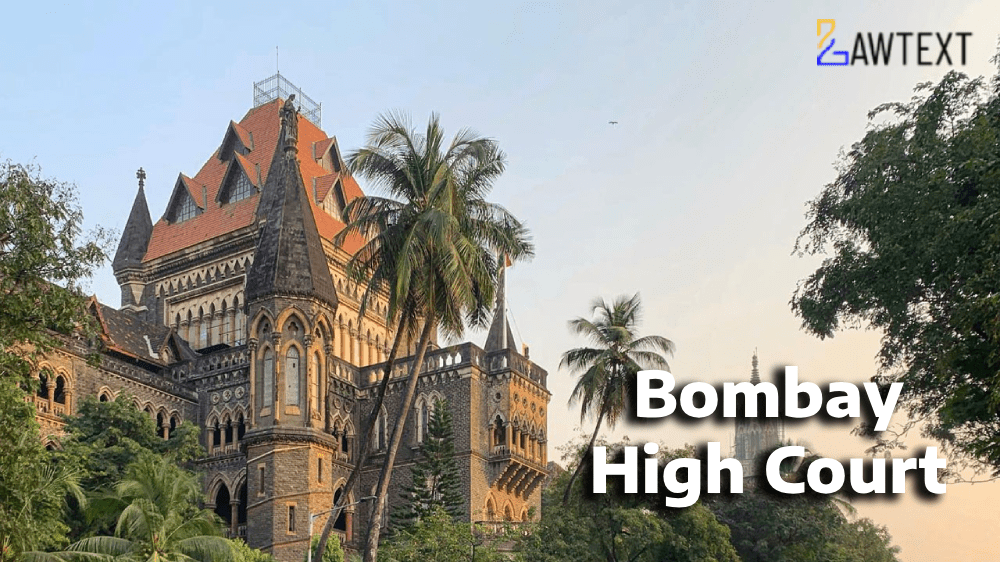

This case, revolves around allegations of corruption. The appellant, Devidas Joshi, a Sectional Engineer in the Minor Irrigation Department, was convicted by the Special Court (Anti-Corruption Bureau) for offenses under Sections 7 and 13(1)(d) read with 13(2) of the Prevention of Corruption Act, 1988. He was sentenced to three years of rigorous imprisonment and a fine of Rs. 10,000 for each offense. The main charge against him was the acceptance of a bribe of Rs. 3,00,000 to stop an inquiry into irregularities committed by a colleague. Joshi challenged the conviction on grounds of an unfair trial and improper sanction.
Prevention of Corruption Act, 1988
Criminal Procedure Code, 1973
Constitution of India
1. Background (Paras 1-2)
Devidas Joshi was convicted by the Special Court in 2009 for demanding and accepting a bribe to avoid an inquiry into his colleague's financial irregularities. The bribe was intended to prevent an internal investigation regarding misappropriation in construction works under the Assured Employment Guarantee Scheme (AEGS).
2. Facts of the Case (Paras 3-5)
The complainant, Suresh Ramteke, alleged that Joshi demanded Rs. 1,50,000 from him to stall an inquiry. The complainant lodged a report with the Anti-Corruption Bureau, which organized a trap. Joshi was caught accepting Rs. 3,00,000. Evidence was provided through witness statements and panchanamas. However, the defense argued that the money was returned under an office scheme.
3. Issues Raised in Appeal (Paras 10-12)
Joshi contended that he was not provided with a fair trial. He was not represented by counsel at critical points of the trial, and the sanction to prosecute him was flawed as the sanctioning authority was not properly examined.
4. Validity of Sanction (Paras 16-25)
The court found that the sanction was granted by a Deputy Secretary, but no evidence was provided to show how the sanctioning authority arrived at the decision. This lack of proper examination and application of mind led to the questioning of the sanction’s validity.
5. Demand and Acceptance of Bribe (Paras 26-30)
The prosecution relied on witness testimony, including the complainant and a shadow witness, to establish that Joshi demanded and accepted the bribe. However, the defense contended that the payment was a refund under the AEGS scheme.
6. Failure of Fair Trial (Paras 36-45)
The court found that Joshi was deprived of legal representation during critical parts of the trial. The counsel he had engaged failed to cross-examine witnesses, and despite requesting a new counsel, he was not given sufficient opportunity, thus violating his right to a fair trial.
7. Order for Retrial (Paras 46-50)
Considering the serious procedural lapses, including the denial of legal assistance, the court ordered a retrial. It emphasized that a fair trial is fundamental under Article 21 and directed the Special Court to allow Joshi to cross-examine witnesses with the assistance of legal counsel.
The court ruled that the trial was vitiated due to a lack of legal assistance, which violated the appellant's fundamental right to a fair trial under Article 21 of the Constitution. The court highlighted that the power to order retrial must be exercised when serious irregularities render the trial defective, as was evident in this case.
Corruption, Fair Trial, Retrial
Prevention of Corruption Act, Right to Fair Trial, Article 21, Legal Representation, Appellate Court Powers, Section 386 CrPC
Citation: 2024 LawText (BOM) (9) 208
Case Number: CRIMINAL APPEAL NO.451 OF 2009
Date of Decision: 2024-09-20
Case Title: Devidas s/o Jagannath Joshi Versus State of Maharashtra
Before Judge: URMILA JOSHI-PHALKE, J.
Advocate(s): Shri S.A.Brahme, Counsel for the Appellant. Shri K.R.Lule, Additional Public Prosecutor for the Respondent.
Appellant: Devidas s/o Jagannath Joshi
Respondent: State of Maharashtra